EFT has recently added a fully instrumented aircraft to its growing fleet of training assets. The Remox GX with its more than 100 measurable flight parameters is the perfect aircraft for an efficient training of our students. Flight test techniques w.r.t. to performance and handling qualities can be measured in real-time and recorded with 100 Hz for extensive and precise post-flight analysis. Handling qualities can be further analyzed by tuning the installed experimental fly-by-wire system and thus simulating surrogate aircraft in-flight. Students and interns will appreciate the possibilities to apply control theory in a real flying – yet safe by an integrated override capability – environment.
Furthermore, the Remox GX and its wing mounting system allows for variable and quick installation of custom-made underwing pods for sensor or environmental airborne testing. Customers can integrate and test their payloads (up to 10 kg) in the lab. This minimizes expensive aircraft usage time and is an efficient tool especially for small and medium sized enterprises to flight-test their hardware.
A telemetry system for the download of aircraft and mission system data is currently in development. Combine fly-by-wire and telemetry – the next logical step is an optionally piloted vehicle.
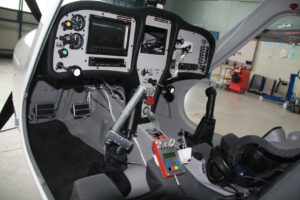
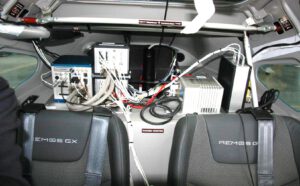
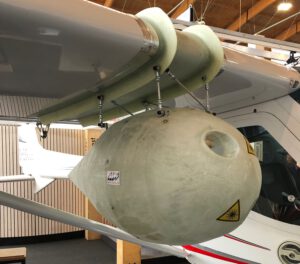
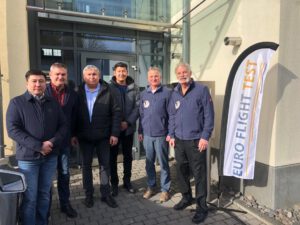
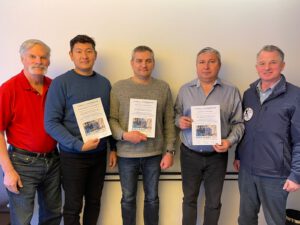
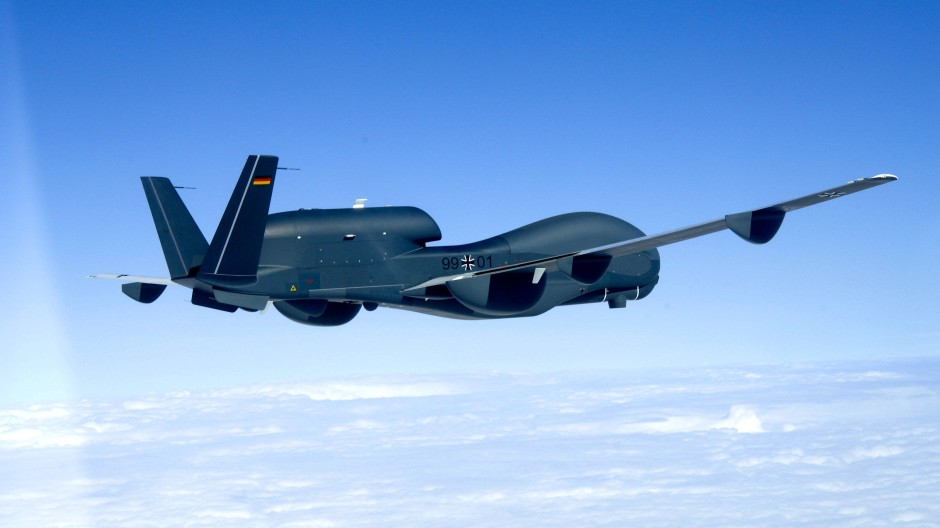 Source: FAZ.net
Source: FAZ.net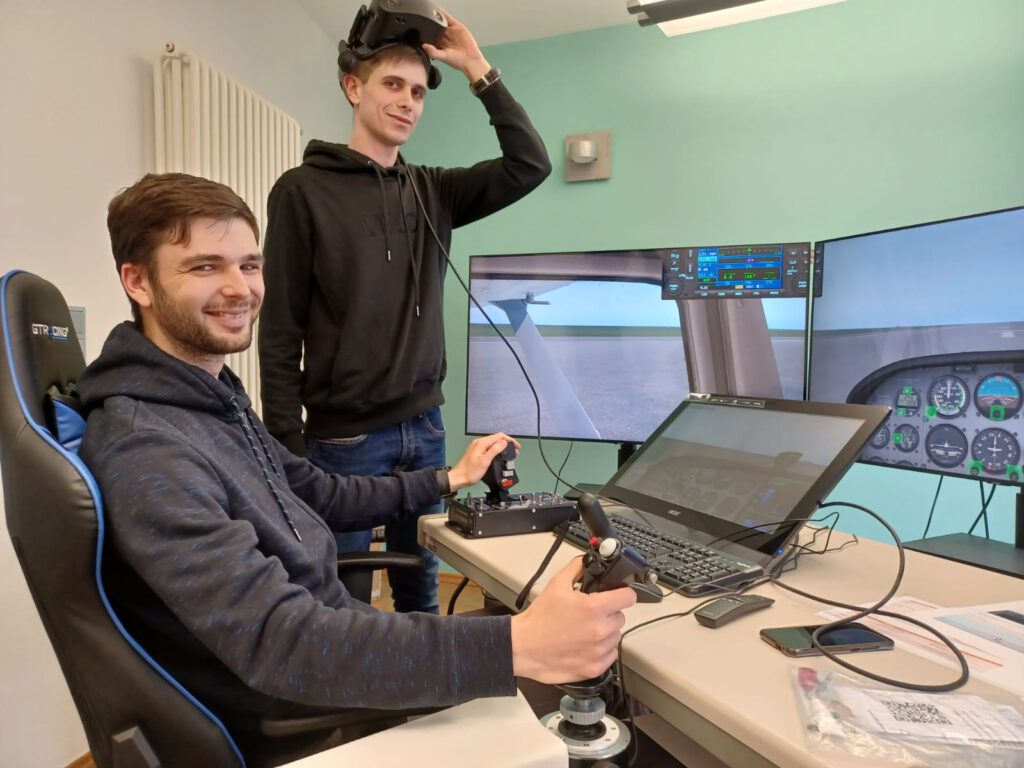
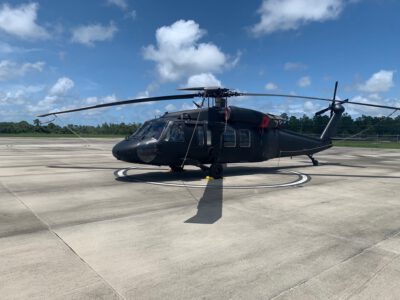
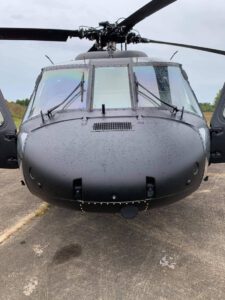
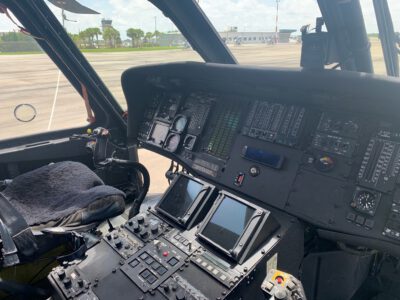
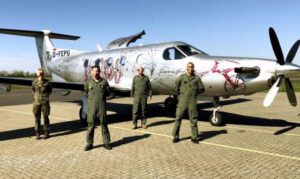
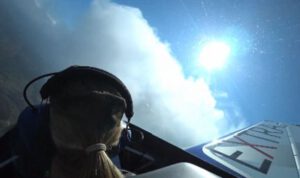
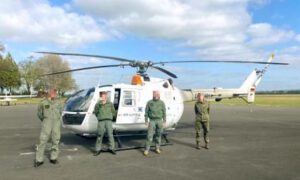
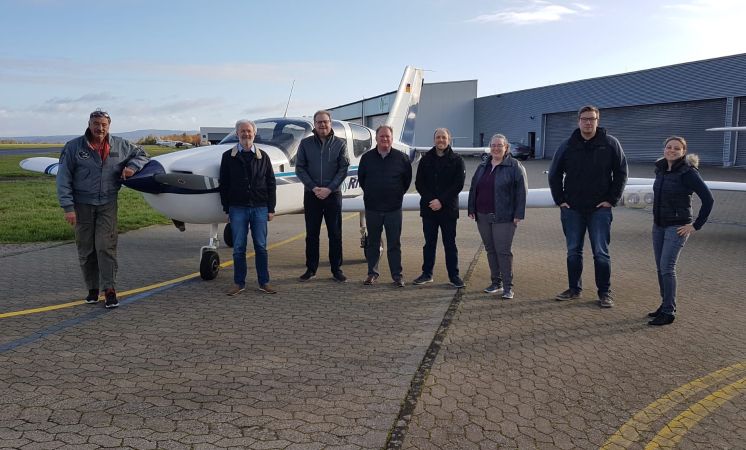

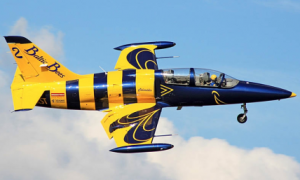 EURO FLIGHT TEST proudly announces its newest training aircraft, the L-39 Albatros. The L-39 is the most widely used military jet trainer in the world.
EURO FLIGHT TEST proudly announces its newest training aircraft, the L-39 Albatros. The L-39 is the most widely used military jet trainer in the world.